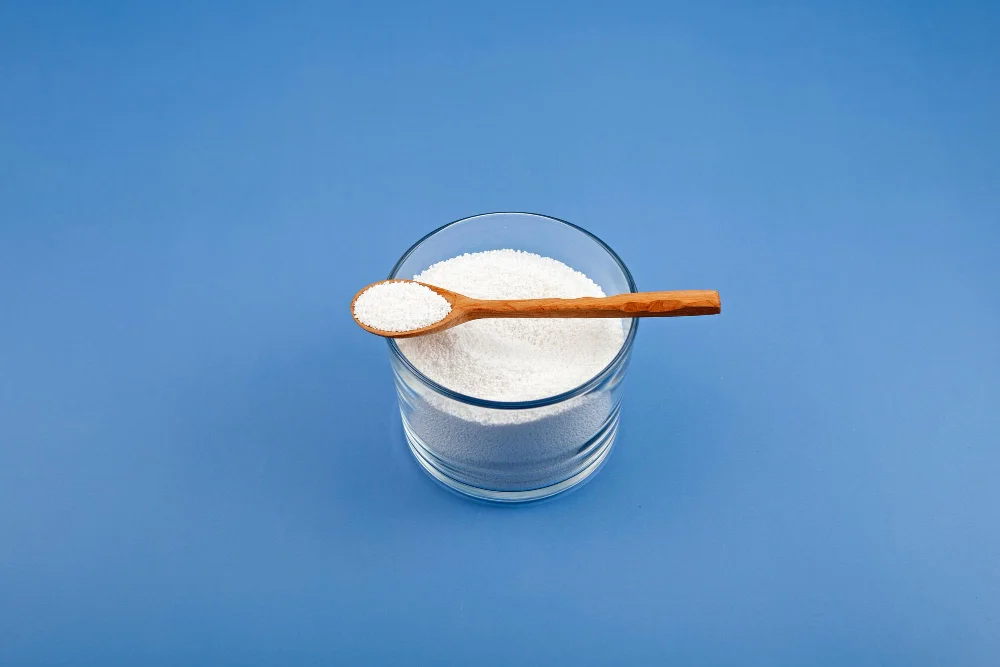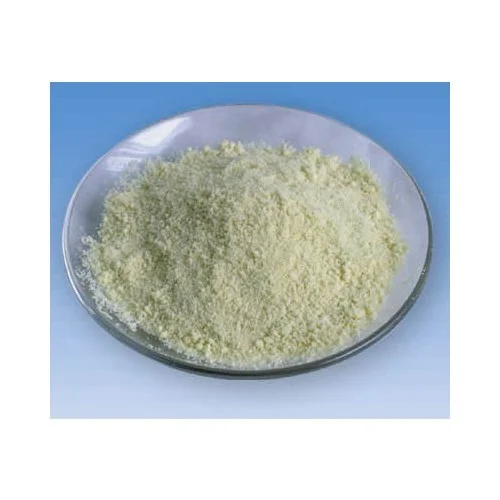Have you ever wondered what goes into making your favorite processed foods taste great and stay fresh for longer? Did you know that a commonly used food additive, known as Sodium TriPolyPhosphate (STPP), plays a significant role in achieving this? Join us as we explore the benefits and potential concerns of STPP in the food industry and learn how it is being used to enhance the taste and quality of our beloved foods.
According to data from the US Food and Drug Administration, STPP is the most widely used phosphate in the food industry, with over 900,000 tons produced annually.
Its ability to retain moisture in meats, such as chicken and ham, results in increased weight and volume, thus increasing profits for manufacturers. However, concerns have been raised about the potential health risks associated with consuming high levels of phosphates, leading to calls for stricter regulations on the use of STPP in food products.
An overview of Sodium Tripolyphosphate
Sodium tripolyphosphate (STPP) is a white, granular or crystalline powder that is used in a variety of industries, including detergents, ceramics, food processing, and water treatment. It is also known as pentasodium triphosphate or tripolyphosphate.
STPP is a highly versatile chemical that is used for a variety of purposes. In detergents, it acts as a builder, helping to soften water and improve the effectiveness of the detergent. In the food industry, it is used to improve the texture and appearance of processed meats, such as ham and sausage, and as a dough strengthener in the production of bread and baked goods. In ceramics and glass production, STPP is added to raw materials to improve flowability and plasticity. In water treatment, it is used to soften water and remove heavy metal ions, as well as to clarify and purify drinking water.
STPP is a highly soluble compound that is easily dispersed in water. It is stable and does not decompose easily, making it a reliable and long-lasting ingredient in products. However, it can cause respiratory problems if inhaled, and prolonged skin contact may cause irritation.
Overall, STPP is a widely used chemical that has a variety of important applications in industry and household products. It is a useful and effective ingredient that helps to improve the quality and performance of a range of products.
Uses in Food Industry
Food Additive
Sodium TriPolyPhosphate (STPP) is a food additive that is used as a sequestrant, an emulsifier, and a buffer. It is commonly used in the food industry to retain moisture in meats and seafood, improve the texture of processed foods, and help stabilize mixtures of oil and water.
Retain Moisture
In meats, It is used to help retain moisture and improve the texture. When added to meats, it acts as a binding agent that helps to retain moisture, which can help to improve the juiciness and flavor of the final product.
Emulsifier
In processed foods, STPP can be used as an emulsifier to help mix oil and water-based ingredients. It can also be used as a buffer to help maintain the pH balance of a food product, which can help to improve its shelf life.
Balances pH levels in processed food
STPP is used as a buffer to help maintain the pH balance of a food product. This can help to preserve the flavor and extend the shelf life of the product.
Conclusion
Sodium TriPolyPhosphate (STPP) is a widely used food additive that has a number of important uses in the food industry. It acts as a sequestrant, helping to bind together various ingredients in a food product. It is also used as an emulsifier, helping to mix oil and water-based ingredients, and as a buffer, helping to maintain the pH balance of a food product. STPP is generally considered safe for consumption and is approved by the US Food and Drug Administration (FDA). However, some people may be sensitive to STPP and may experience allergic reactions when consuming products containing this additive.
In conclusion, Sodium TriPolyPhosphate (STPP) is a widely used food additive in the food industry, serving as a preservative, emulsifier, and pH buffer. While it can improve the taste and freshness of processed foods, concerns have been raised about the potential health risks associated with consuming high levels of phosphates. It’s important for consumers to be informed about the presence of STPP in their food and make informed choices.
On the other hand, for food manufacturers, it’s important to source high-quality STPP from reliable suppliers. In this regard, Innoveda Chemical Suppliers in Dubai can be a great option for those looking for a reliable and high-quality STPP supplier. With years of experience in the industry, Innoveda Chemical Suppliers provide top-quality products and services to meet the demands of the food industry in Dubai and beyond.



